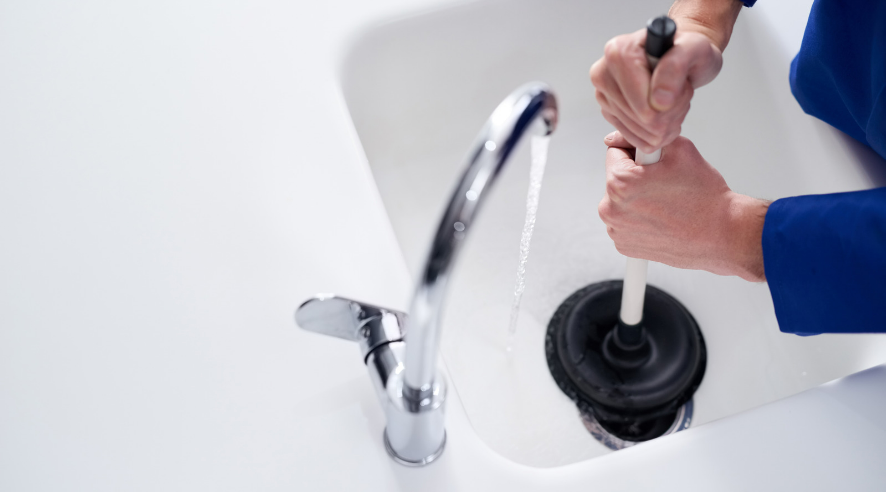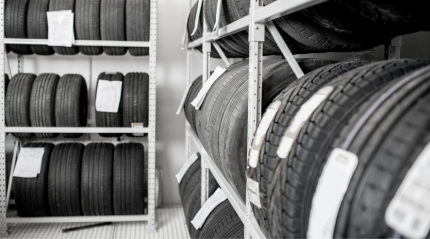Unlocking the Mysteries of Drain and Pipe Cleaning: A Comprehensive Guide
- 14 November 2022

Clogged drains and pipes are some of the most common plumbing issues that people face in their daily lives. Not only are they annoying, but they can also cause significant damage to your home if left unchecked. In this comprehensive guide, we will take a deep dive into the world of drain and pipe cleaning, exploring the different methods and techniques available to keep your plumbing system in tip-top shape.
Understanding the Causes of Clogged Drains
Before we can dive into the various methods of drain and pipe cleaning, it's important to understand what causes clogs in the first place. There are several common causes of clogged drains, including:
- Hair: Hair is one of the most common culprits of clogged drains, particularly in bathroom sinks and showers.
- Soap scum: Over time, soap scum can build up in drains, leading to clogs.
- Food scraps: In kitchen sinks, food scraps can accumulate in pipes and cause clogs.
- Oil and grease: Pouring oil and grease down the drain can lead to blockages in pipes.
DIY Drain and Pipe Cleaning Techniques
There are several DIY techniques that you can use to clean clogged drains and pipes, including:
- Boiling water: Pouring boiling water down the drain can help dissolve minor clogs.
- Baking soda and vinegar: Mixing baking soda and vinegar and pouring it down the drain can help break up clogs.
- Plungers: A plunger can be an effective tool for clearing clogs in toilets and sinks.
- Drain snakes: A drain snake is a long, flexible tool that can be used to dislodge clogs in pipes.
Professional Drain and Pipe Cleaning Services
For more serious clogs or blockages, it may be necessary to call in the professionals. Professional drain and pipe cleaning services offer several methods for clearing clogs, including:
- Hydro jetting: Hydro jetting uses high-pressure water to clear out clogs and debris from pipes.
- Video camera inspection: A video camera can be used to inspect the inside of pipes and identify the source of a clog.
- Chemical cleaners: Chemical cleaners can be used to dissolve clogs and blockages in pipes.
- Preventing Clogs in the First Place
The best way to avoid clogged drains and pipes is to prevent them from happening in the first place. Here are some tips for preventing clogs:
- Use drain covers: Drain covers can help catch hair and food scraps before they go down the drain.
- Don't pour grease down the drain: Instead, pour grease into a container and throw it away.
- Flush drains with hot water: Regularly flushing drains with hot water can help prevent buildup and clogs.
- Schedule regular maintenance: Hiring a professional plumber to perform regular maintenance on your plumbing system can help prevent clogs and catch potential issues before they become major problems.
Main Points
Clogged drains can be a major headache for homeowners, but with the right knowledge and tools, they can be easily remedied. By understanding the common causes of clogged drains, utilizing DIY cleaning techniques, and knowing when to call in a professional, you can keep your plumbing system in top shape and prevent clogs from occurring in the first place.
Remember to use caution when using chemical cleaners and always follow the instructions on the label. Additionally, be sure to properly dispose of any hazardous materials, such as oil and grease, to prevent damage to your plumbing system and the environment.
By taking proactive steps to maintain your plumbing system, you can avoid costly repairs and enjoy the convenience of a properly functioning plumbing system. So, the next time you encounter a clogged drain, don't panic - just follow these tips and you'll be back to smooth sailing in no time!
Conclusion
Clogged drains and pipes can be a major headache for homeowners, but with the right knowledge and tools, they can be easily managed. By understanding the causes of clogs, using DIY techniques, and calling in professional services when necessary, you can keep your plumbing system running smoothly and prevent costly damage to your home. Remember to always take preventative measures to avoid clogs in the first place, and schedule regular maintenance to keep your plumbing system in top shape.




